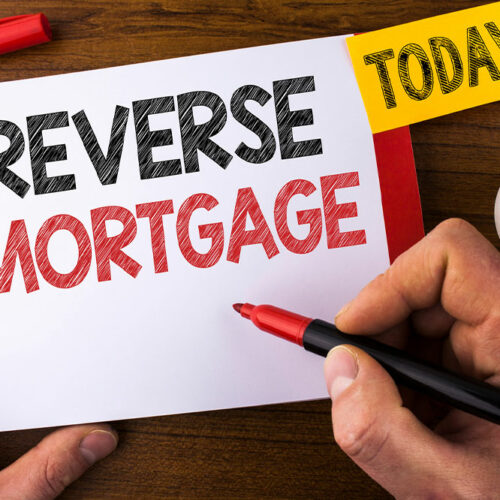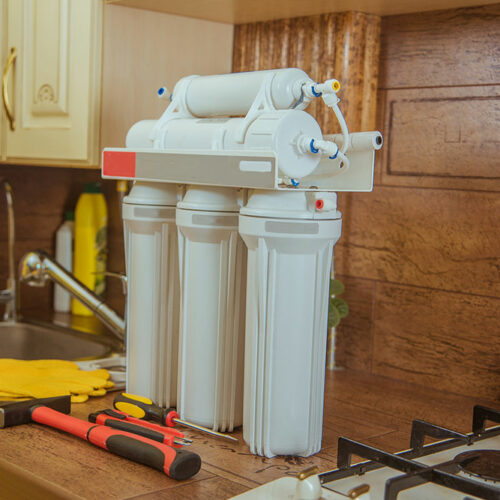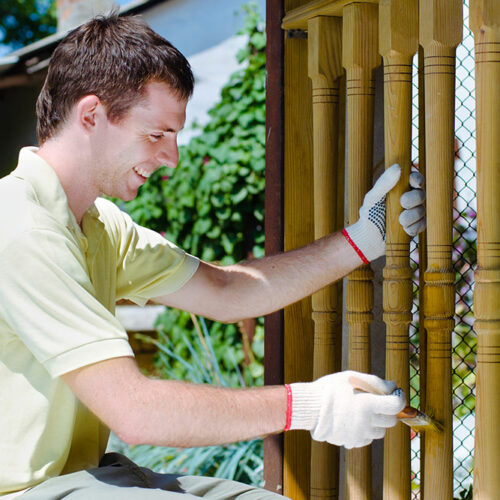Four reasons why a reverse mortgage is not a sound idea

A reverse mortgage is a loan taken against the value of the home (equity) to meet certain expenses, debt obligations, and even supplement income during a financial crisis. It allows homeowners to convert a part of their home value into cash for expenses and retain the ownership of the property simultaneously. However, reverse mortgage eligibility and feasibility are quite complicated and there are times when it is not a good option, especially for seniors (common applicants for a reverse mortgage) above the age of 60. Here are a few reasons why. Home eligible for inheritance Senior homeowners can benefit from reverse mortgage eligibility only if they can take a loan against their home and repay the same in a timely manner. However, in case the homeowner passes away and the property is inherited by their children, who might not be in a financially sound position to repay the impending mortgage. The inability to do so can result in selling the property to repay the outstanding debt and in the process lose complete ownership. So before taking a reverse mortgage, homeowners must account for the financial status of the people who will inherit the home in the future. Sharing owned property People living on the property are forced to vacate it in case the owner is unable to repay the reverse mortgage.






